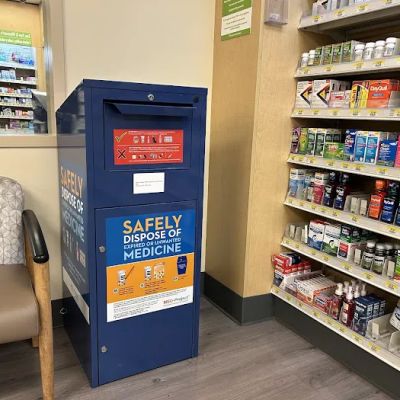- #understanding-different-sleep-disorders-and-their-impact—title-topic—health-guide
- #common-sleep-disorders—insomnia-apnea-restless-legs
- #impact-on-health—mental-physical—daily-function
- #real-stories—personal-experiences—case-examples
- #diagnosis-and-treatment—medical-tests—therapeutic-approaches
- #lifestyle-changes—sleep-hygiene—preventive-steps
- #heartcare-hub—expert-support—trusted-resources
Understanding Different Sleep Disorders and Their Impact
Sleep is the foundation of health, but for millions, it’s also a daily struggle. Understanding different sleep disorders and their impact is crucial for recognizing symptoms early and finding the right solutions. From difficulty falling asleep to sudden breathing interruptions, these conditions don’t just affect rest—they ripple into every aspect of life.

The Most Common Sleep Disorders
Insomnia
Insomnia is the most widely recognized disorder, marked by trouble falling asleep or staying asleep. Chronic insomnia can lead to irritability, reduced productivity, and even long-term health complications. Stress, irregular schedules, and anxiety are often triggers.
Endeavor Health Northwest Community Hospital
endeavor health northwest community hospital
800 W Central Rd, Arlington Heights, IL 60005, USA

Sleep apnea
Sleep apnea causes repeated interruptions in breathing during sleep, leading to loud snoring, fatigue, and in some cases, serious cardiovascular risks. Many people don’t realize they have it until a partner notices the pauses in breathing.
Restless legs syndrome (RLS)
RLS creates an uncontrollable urge to move the legs, often at night. This not only delays sleep but also fragments it, leaving sufferers exhausted the next day.
Narcolepsy
Narcolepsy is less common but highly disruptive, causing sudden sleep attacks during the day. It can affect work, driving, and overall safety if unmanaged.
How Sleep Disorders Affect Health and Daily Life
Mental health consequences
Chronic poor sleep can trigger anxiety, depression, and memory problems. Many people misinterpret these as separate conditions without realizing poor sleep is the underlying issue.
Physical health risks
Sleep apnea, in particular, is linked to heart disease, hypertension, and stroke. Insufficient restorative sleep also weakens the immune system and slows healing.
Everyday functioning
From falling asleep at work meetings to missing important family moments, the daily impact of untreated sleep disorders can be profound, creating strain at both personal and professional levels.
Real Experiences That Show the Impact
Take John, a 42-year-old teacher who thought his constant fatigue was just part of getting older. After his partner noticed his breathing stopped repeatedly at night, he sought medical advice and was diagnosed with sleep apnea. Once treated with a CPAP machine, his energy and mood dramatically improved. Stories like John’s remind us that recognition and treatment can change lives.
On the other hand, a college student named Sarah struggled with insomnia during exam periods. She discovered that late-night screen use and caffeine were fueling the problem. By adjusting her habits and following sleep hygiene guidelines, she regained her ability to sleep naturally within weeks.
Diagnosis and Treatment Options
Medical evaluation
Sleep studies remain the gold standard for diagnosing apnea, narcolepsy, and other serious disorders. Questionnaires and symptom tracking also play an important role in diagnosis.
Therapeutic approaches
Treatments vary depending on the condition: CPAP machines for apnea, iron supplements or medications for RLS, cognitive behavioral therapy (CBT-I) for insomnia, and medication management for narcolepsy.
Lifestyle and Preventive Strategies
Improving sleep hygiene
Simple steps such as maintaining a consistent sleep schedule, limiting caffeine after midday, and reducing screen time before bed can improve many mild sleep issues.
Stress management
Relaxation techniques like mindfulness, journaling, or gentle evening yoga can reduce stress-driven insomnia and prepare the body for rest.
Creating a supportive environment
A cool, dark, and quiet room encourages deeper sleep. For families, creating tech-free zones in bedrooms can improve rest quality for everyone.
Expert Support You Can Rely On
Recognizing and understanding different sleep disorders and their impact is the first step toward healthier living. At HeartCare Hub, we provide resources, expert advice, and trusted products to help individuals manage sleep challenges effectively. Whether it’s improving bedtime routines or exploring medical solutions, professional guidance makes the journey to better sleep achievable and sustainable.





















Capital Health Medical Center – Hopewell
capital health medical center hopewell
1 Capital Way, Pennington, NJ 08534, USA